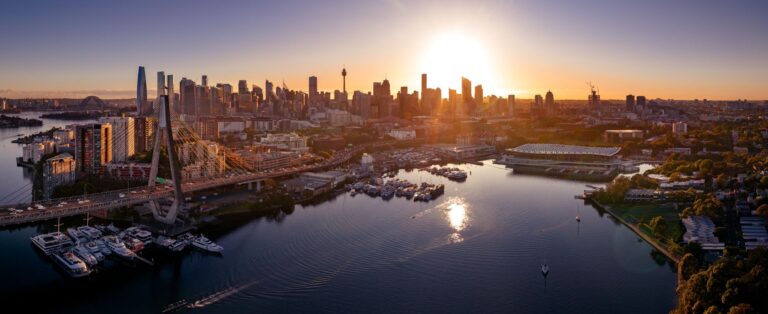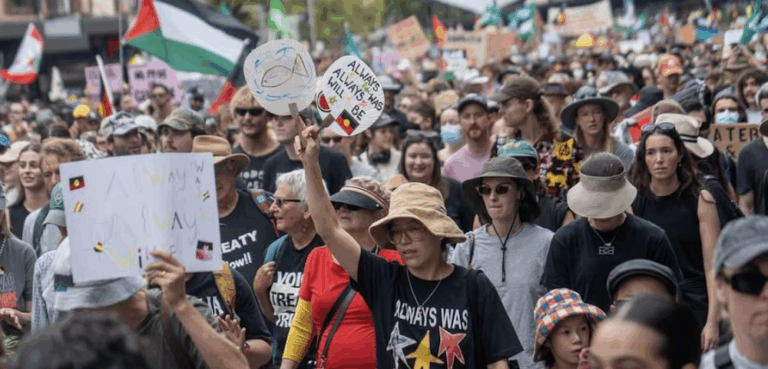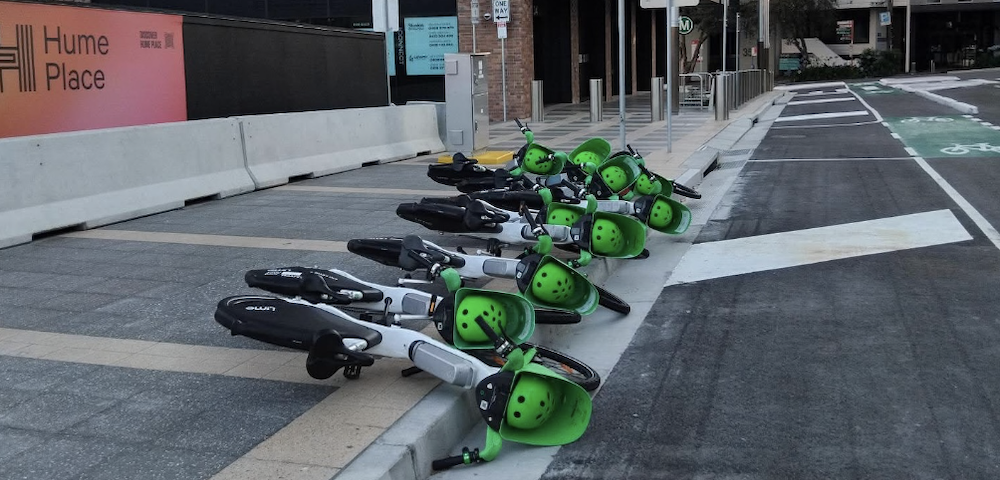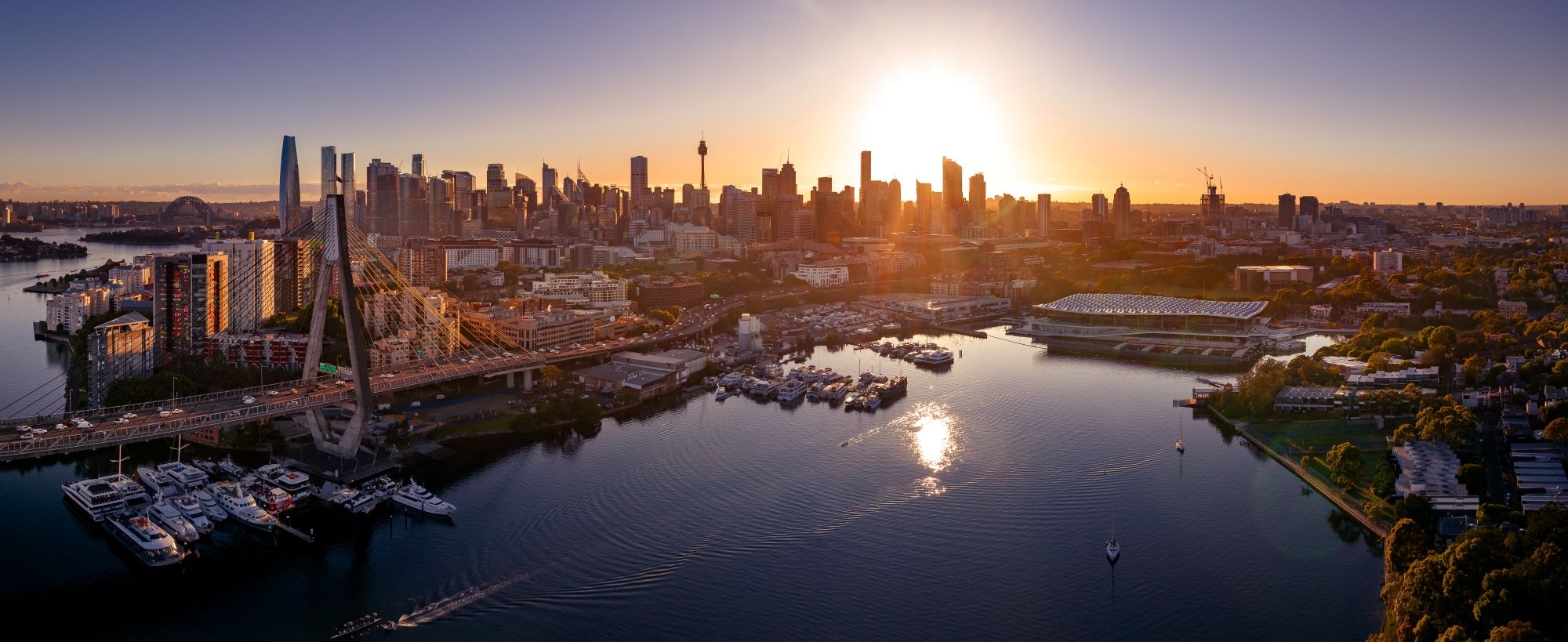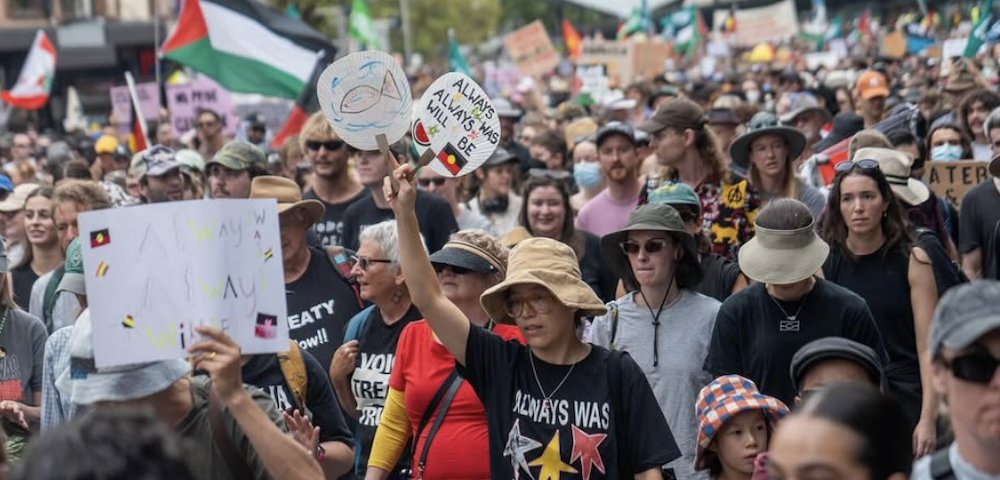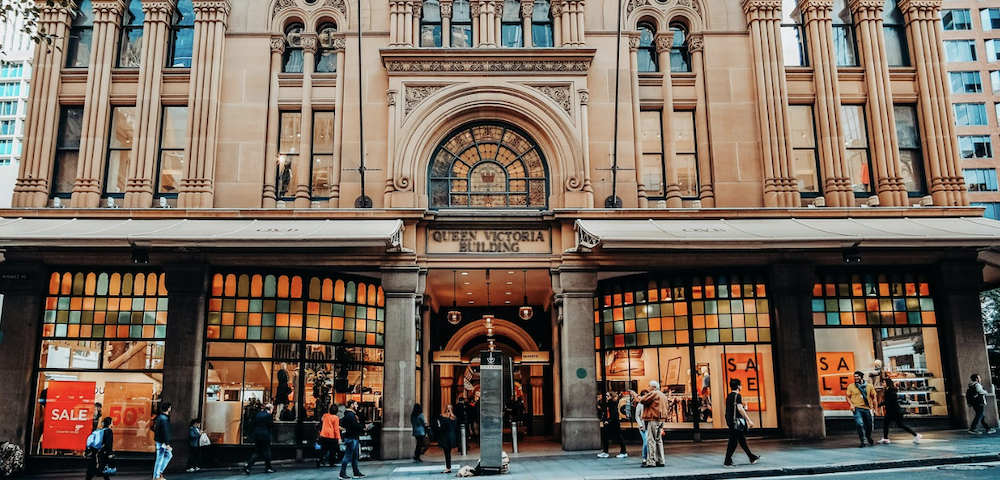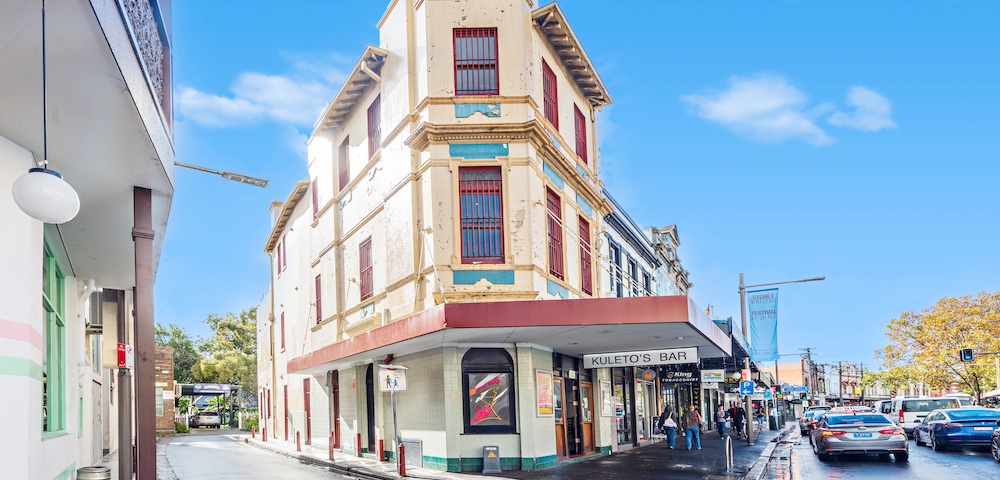
City of Sydney Calls For Repeal of Tough Protest Laws, Backs Rising Tide Climate Change Protesters

In the wake of 170 arrests at the recent climate protests by Rising Tide, the City of Sydney has called on the NSW Government to repeal new laws that have criminalised or increased penalties for protest.
Recent NSW laws fast-tracked through Parliament introduced $22,000 fines for “obstructing light rail, railways and trams”. These laws are designed to make it harder for protests to be held near Sydney Town Hall Station and other transport hubs.
Last week’s motion from the Greens built on earlier Council motions that have defended the right to peaceful civil disobedience and called for the repeal of the full suite of NSW anti-protest laws, which are the toughest in Australia. Most of these laws were rushed through parliament in less than 24 hours by the LNP government with the support of Labor in 2022.
Greens Councillor Sylvie Ellsmore said that she was acting on the request of a group of 34 legal and human rights organisations. Recently, the Minns Labor government reviewed the laws, and despite the vast majority of public submissions calling for their repeal, the government has retained the laws. Indeed, it has strengthened them.
Ellsmore’s motion was debated immediately following Rising Tide protests at the world’s biggest coal port in Newcastle. The protesters called on the Federal Labor government and all state governments to stop extending existing or approving new coal and gas projects, and to tax fossil fuel companies to fund a ‘just transition’ for affected communities.
170 people were arrested, many of whom were charged under Section 214A of the Crimes Act, which is one of the laws designed to deter protests. Another 24 Rising Tide protesters were arrested at Parliament House in Canberra.
Ellsmore’s motion was amended by Clover Moore Independent Jess Miller to include a donation to Rising Tide.
All but one of the City of Sydney Councillors voted for the motion. This included both Labor Councillors Deputy Mayor Zann Maxwell and Mitch Wilson.
The sole Liberal Councillor Lyndon Gannon said that he would have supported the rest of the motion but not the Rising Tide donation. He described Rising Tide protesters as “flouting Supreme Court rulings.” Neither of the two Supreme Court judges who considered NSW government applications to stop the protest found that it was unlawful for it to proceed. He also described kayakers as “intermingling with ships”. This was misleading. City Hub was present at the protest and can report that no kayaker went in front or alongside any coal carriers moving along the shipping channel.
In this past week alone thousands of heat records in both the Northern and Southern hemispheres have been broken. Meanwhile, the Minister for the Environment and member for Sydney Tanya Plibersek in September alone approved three massive coal mine expansions in a step described by conservationists as reckless and “the opposite of climate action”.
Ron Hoenig, the NSW Minister for Local government and MP for Heffron, which takes in parts of the Sydney LGA, lost no time in joining the predictable News Corporation condemnation of the City of Sydney’s motion.
He told Sky News that the motion was an “absurd decision”. “How does subsidising a protest 170kms up the M1 improve service delivery in the City of Sydney? Small businesses in the CBD have every right to be outraged. Maybe they should consider their own protest on Town Hall,” he said.
Hundreds of Sydneysiders including some from Hoenig’s own electorate travelled to Newcastle, partly because they are worried about the costs of damage to community infrastructure and businesses in the increasingly extreme weather linked to climate change.
Hoenig is in tune with Opposition Leader Mark Speakman, who told Sky News that the $22,000 donation ignored families who were struggling with the cost of living and vulnerable groups who will be more affected by heat than others. “It’s a slap in the face to every Sydneysider doing it tough. Clover Moore’s priorities are wildly out of step with the real world.”
These comments suggest that Speakman and Hoenig may be more concerned to alienate the community from protesters than with the actual increasingly desperate climate-related concerns of many Australians.
Health professionals travelled across Australia to join the Rising Tide protests because they are concerned about the impact of climate change on health, particularly the health of the elderly, disabled and poorer communities. Several were arrested, including Newcastle Neuroscientist Dr Peter Schofield and clinical nursing specialist Deanna Hayes.
Hayes lives in Inner Sydney. She became involved in the climate justice movement when her school-aged son became involved in the SchoolStrike4Climate several years ago. She was arrested in 2023 and received a low fine with no conviction recorded.
For her, climate change is “a local issue but it affects all of us. The climate impacts are going to be everywhere.”
Since her first arrest, Hayes had been organising to build the Sydney Rising Tide 2024 contingent by handing out flyers at markets and organising community meetings to reach out to those who may be unaware of the movement or intimidated by the prospect of arrest.
Asked how she explains to friends who might question her decision to get arrested, she says, “I’ll say I want to be on the right side of history; that we should be following scientists on this and stopping new coal and gas projects or any sort of extensions going ahead. The situation is desperate and we must try to influence [government] decisions around these things … we can write letters and we can email, but [government] seems not to be taking any notice. Non-violent direct action is the next sort of escalation of action to try and get them to listen.“
The Rising Tide protest included a remarkable diversity of people. Those arrested were aged from 13 to 84. There were powerful speeches and ceremonies from First Nations and Pasifika communities who travelled from as far away as Northern Queensland. It included Queer and Palestinan solidarity marches of hundreds of people.
It was this welcoming nature that many participants told City Hub drew them to Rising Tide.
Jane Durie who has lived in Inner Sydney throughout her adult life described Rising Tide “as doing the hard work of …not just focussing on stopping coal but also looking to demonstrate democracy and inclusion in action.” She said that at a time when Labor governments had failed to take meaningful action on climate change, “the Newcastle Blockade and Rising Tide is a beacon of light.”
“I was at the blockade with wonderful friends and family – 3 generations of family, my daughter, her partner, his mum and our newest generation my 12 month granddaughter. In an atmosphere of fun and positive action Rising Tide takes on the serious business of speaking out for our future when our government fails us. I was inspired to become more active in Rising Tide and the fight for climate action.”
Around Australia Rising Tide community hubs have been de-briefing on the 2024 campaign, and starting planning for 2025.
